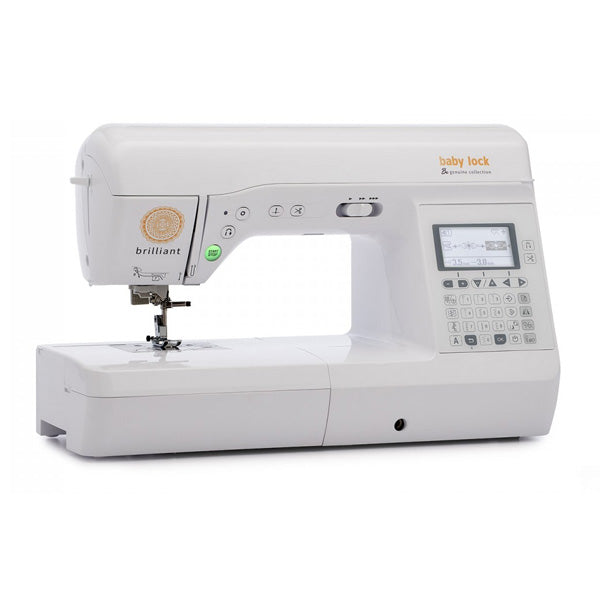Choosing a sewing machine can be a significant decision, and it depends on various factors such as your skill level, budget, and the type of projects you plan to work on. Here are some key factors to consider when choosing a sewing machine:
-
Skill Level:
- Beginner: If you're new to sewing, look for a machine with basic features, easy threading, and a user-friendly interface.
- Intermediate/Advanced: If you have some sewing experience, you may want a machine with more advanced features like adjustable stitch length, width, and various built-in stitches.
-
Types of Sewing:
- Basic Sewing: For simple repairs and basic garment construction, a mechanical sewing machine with straight and zigzag stitches may be sufficient.
- Quilting: If you plan to quilt, look for a machine with a larger throat space, quilting feet, and adjustable speed control.
- Embroidery: If you're interested in embroidery, you'll need a machine with embroidery capabilities and appropriate accessories.
-
Stitch Options:
- Consider the types of stitches you need. Most machines offer straight and zigzag stitches, but some also come with decorative stitches, buttonhole options, and more.
-
Ease of Use:
- Look for a machine that is easy to thread, has a clear bobbin winding system, and features a user-friendly interface. Features like a drop-in bobbin and automatic needle threading can be helpful for beginners.
-
Speed Control:
- Some machines have adjustable speed controls, which can be beneficial for both beginners and experienced sewers. Beginners might prefer a slower speed to start, while advanced users may want a faster option.
-
Budget:
- Determine your budget before shopping. Sewing machines come in a wide range of prices, so having a budget in mind can help narrow down your options.
-
Brand and Reviews:
- Research different sewing machine brands and models. Read reviews from other users to get an idea of the machine's performance, reliability, and durability.
-
Attachments and Accessories:
- Check what accessories come with the machine, such as presser feet, needles, and bobbins. Some machines have more built-in features, reducing the need for additional accessories.
-
Warranty and Support:
- Look for a machine that comes with a good warranty and has reliable customer support. This is important in case you encounter any issues or need assistance.
-
Try Before You Buy:
- If possible, try out the sewing machine before purchasing. Test its features, check the noise level, and see if it feels comfortable to use.
Remember that the best sewing machine for you depends on your individual needs and preferences. Take your time to explore different options, and don't hesitate to ask for advice from experienced sewers or consult reviews online.
